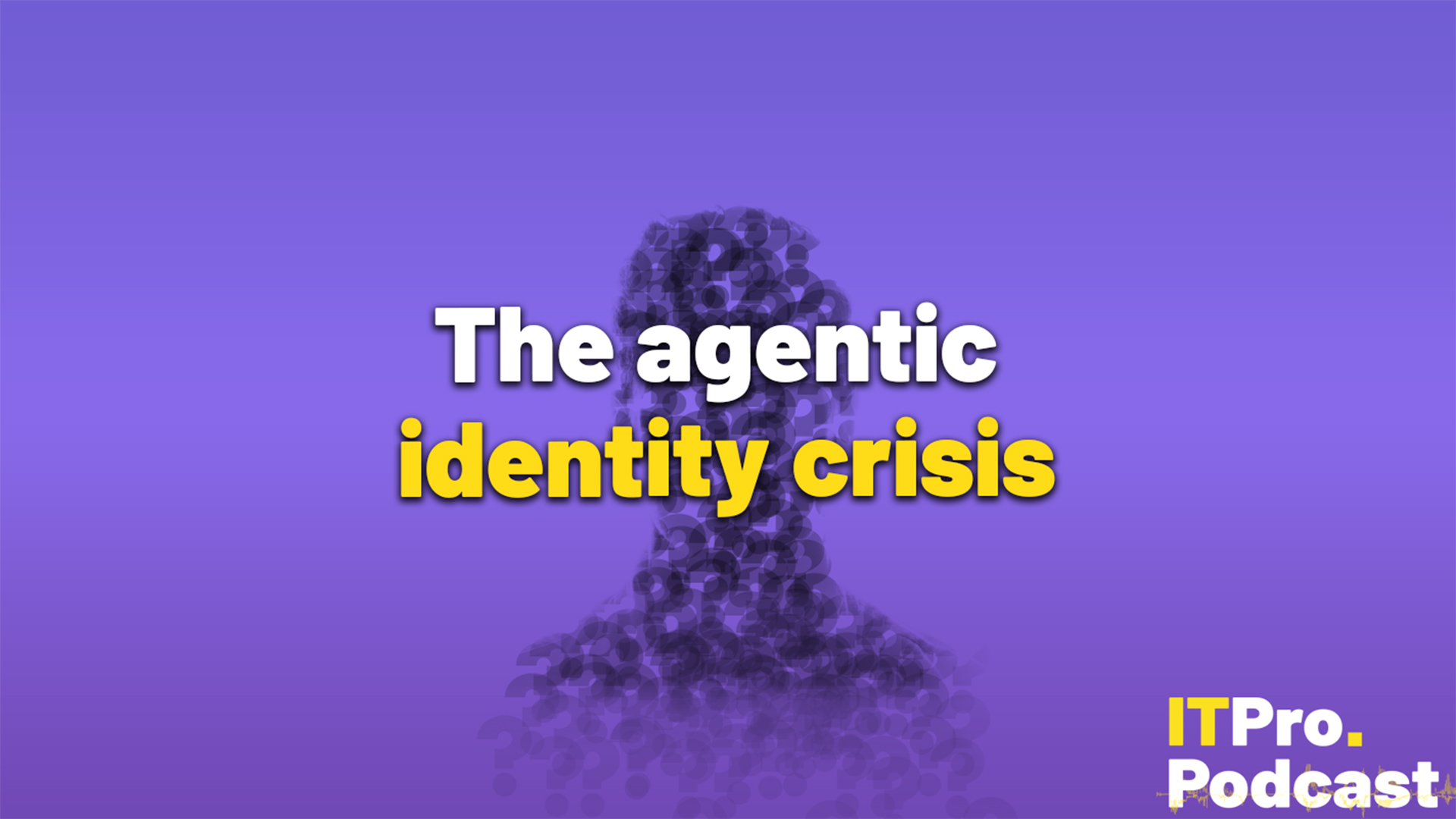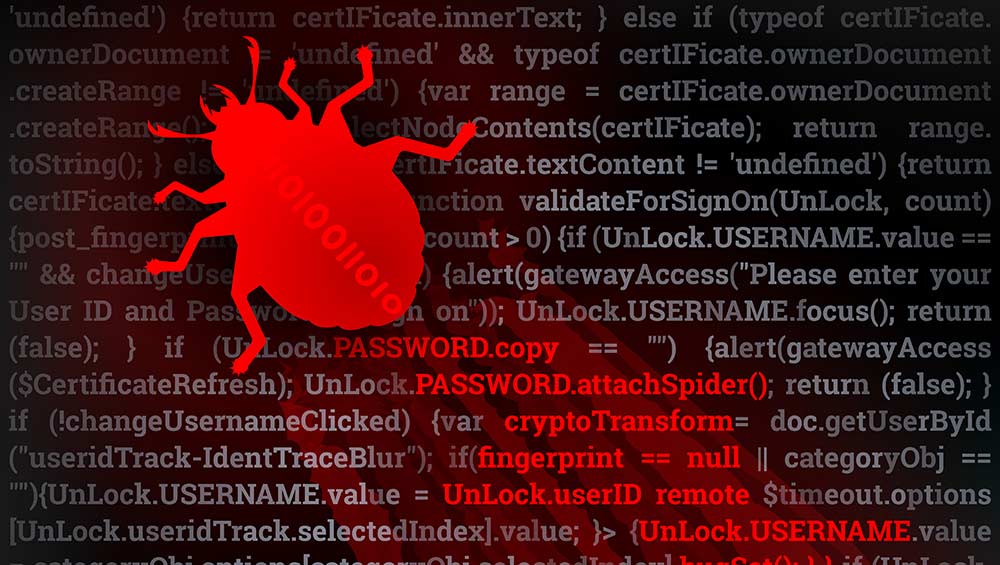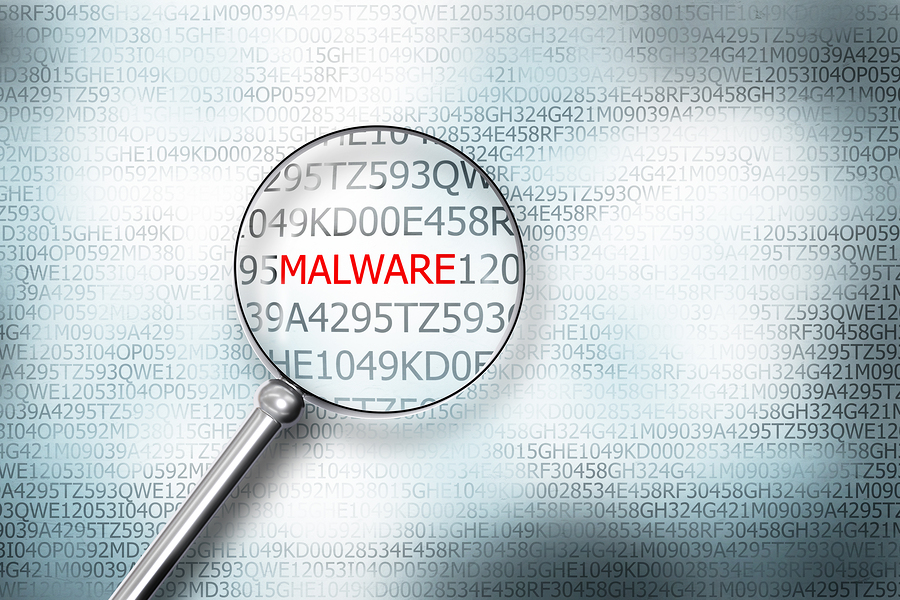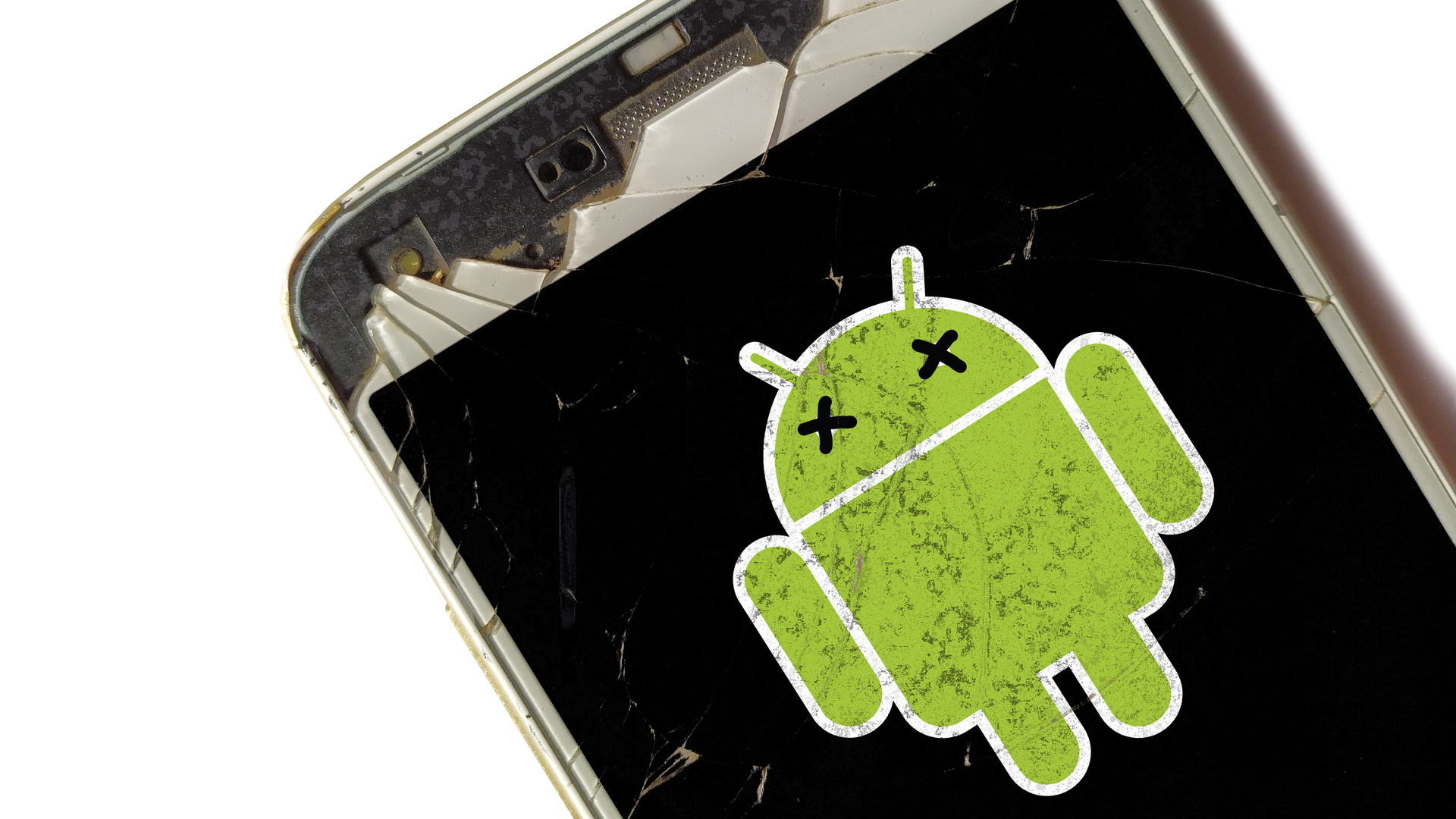ESET uncovers first Android file-encrypting piece of ransomware
Android/Simplocker malware allows hackers to hold users' devices to ransom

Sign up today and you will receive a free copy of our Future Focus 2025 report - the leading guidance on AI, cybersecurity and other IT challenges as per 700+ senior executives
You are now subscribed
Your newsletter sign-up was successful
Malware researchers at security vendor ESET claim to have uncovered the first example of a malicious file-encrypting piece of ransomware aimed at Android users.
In a blog post, announcing the finding, the company said the Android/Simplocker malware works by scanning a user's smartphone or tablet for files to encrypt, before demanding a ransom to unlock them.
The file types targeted by the malware include jpegs, png, bmp, gif, pdf, doc, docx, txt, avi, mkv, 3gp and MP4.
We strongly recommend against paying up because that will only motivate other malware authors to continue these kind of filthy operations.
Affected users are usually notified about the fact their device has come under attack by a ransom message that's written in Russian and demands payment in Ukrainian hryvnias.
Robert Lipovsky, an ESET malware researcher, wrote in the blog: "It's fair to assume that the threat is targeted against this region.
"This is not surprising, the very first Android SMS Trojans back in 2010 also originated in Russia and Ukraine," he added.
The message accuses the device user of accessing and distributing child abuse images, as well as information about "other perversions", before issuing instructions about how to pay the ransom.
Sign up today and you will receive a free copy of our Future Focus 2025 report - the leading guidance on AI, cybersecurity and other IT challenges as per 700+ senior executives
"After payment your device will be unlocked within 24 hours," the message states.
"In case of no payment, you will lose all data on your devices."
The researchers also discovered the malware keeps in contact with a Command & Control server, and sends identifiable information from the device back to it.
This server is also thought to notify the device once payment has been received, so that it can be unlocked.
"Our analysis of the Android/Simplock... revealed that we are most likely dealing with a proof-of-concept or a work in progress for example," Lipovsky continued.
"Nevertheless, the malware is fully capable of encrypting the user's files, which may be lost if the encryption key is not retrieved.
"While the malware does contain functionality to decrypt the files, we strongly recommend against paying up not only because that will only motivate other malware authors to continue these kind of filthy operations, but also because there is no guarantee that the crook will keep their part of the deal and actually decrypt them," he added.
-
 The agentic identity crisis
The agentic identity crisisITPro Podcast With millions of AI agents being deployed, how can security teams maintain oversight and governance?
-
 Are we facing an AI-fueled talent pipeline crisis?
Are we facing an AI-fueled talent pipeline crisis?In-depth As experts say AI is reducing entry-level roles, what does this mean for the seniors of tomorrow and the future of business?
-
 CronRat Magecart malware uses 31st February date to remain undetected
CronRat Magecart malware uses 31st February date to remain undetectedNews The malware allows for server-side payment skimming that bypasses browser security
-
 Mekotio trojan continues to spread despite its operators’ arrests
Mekotio trojan continues to spread despite its operators’ arrestsNews Hackers have used it in 100 more attacks since arrests
-
 “Trojan Source” hides flaws in source code from humans
“Trojan Source” hides flaws in source code from humansNews Organizations urged to take action to combat the new threat that could result in SolarWinds-style attacks
-
 What is Emotet?
What is Emotet?In-depth A deep dive into one of the most infamous and prolific strains of malware
-
 Fake AnyDesk Google ads deliver malware
Fake AnyDesk Google ads deliver malwareNews Malware pushed through Google search results
-
 Hackers use open source Microsoft dev platform to deliver trojans
Hackers use open source Microsoft dev platform to deliver trojansNews Microsoft's Build Engine is being used to deploy Remcos password-stealing malware
-
 Android users told to be on high alert after Cerberus banking Trojan leaks to the dark web
Android users told to be on high alert after Cerberus banking Trojan leaks to the dark webNews The source code for the authenticator-breaking malware is available for free on underground forums
-
 Qbot malware surges into the top-ten most common business threats
Qbot malware surges into the top-ten most common business threatsNews An evolved form of the banking Trojan was distributed by number one-ranking Emotet in a campaign that hit 5% of businesses globally